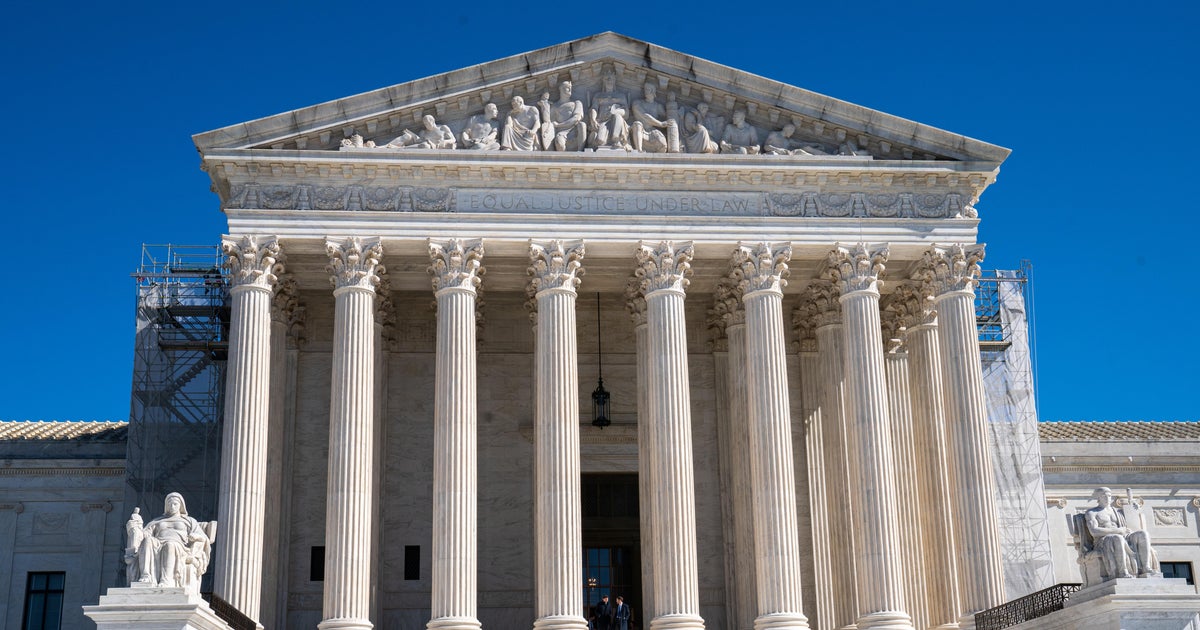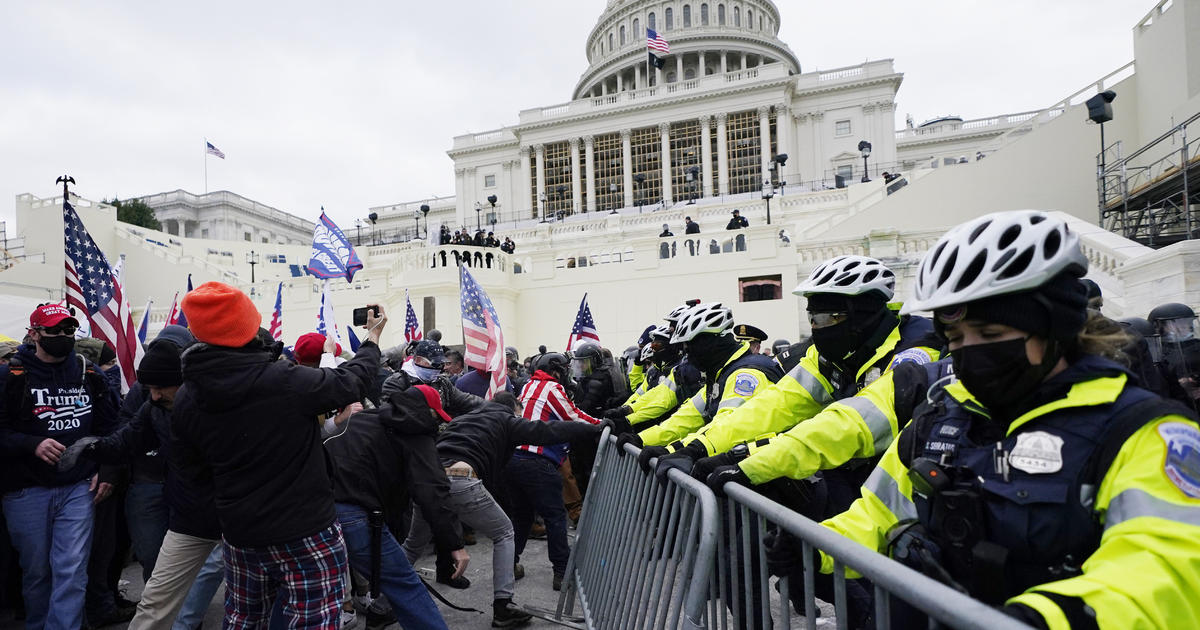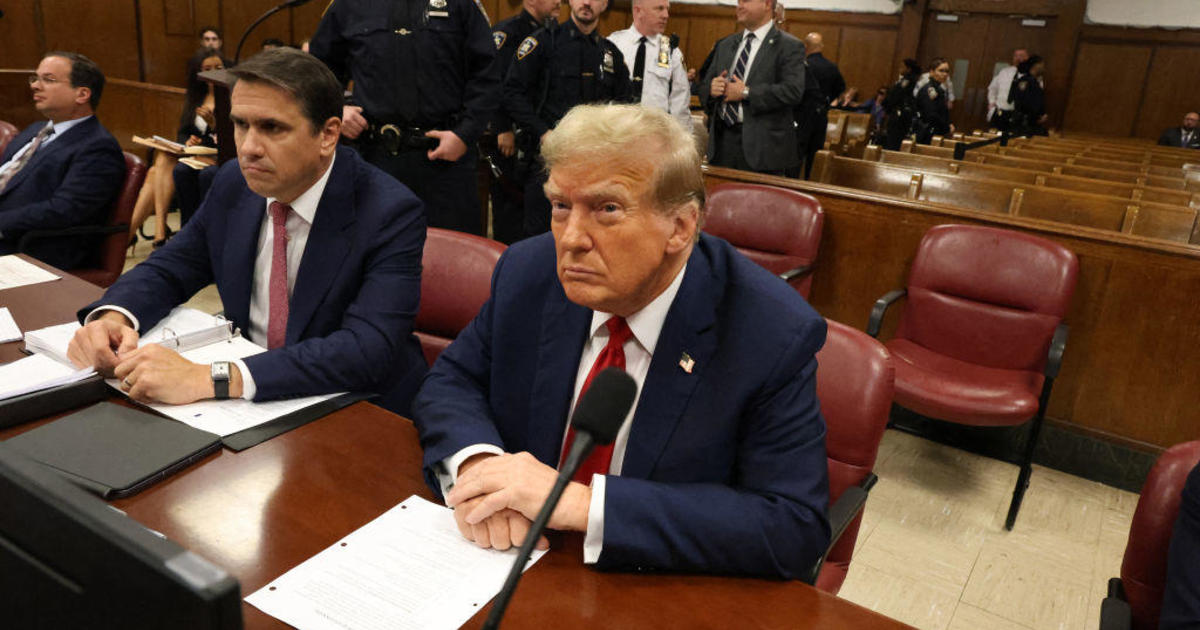Groups sue to block administration from denying visas to immigrants who can't afford health care
Washington — A coalition of immigration advocacy groups and legal organizations on Wednesday mounted the first legal challenge against a sweeping proclamation President Trump issued earlier this month that would allow the government to reject visa applications from immigrants it determines will not be able to pay for health insurance or cover medical costs in the U.S.
The organizations asked the U.S. District Court in Oregon to block the Trump administration from implementing the new policy, which is slated to take effect Sunday. According to an estimate from the non-partisan Migration Policy Institute, the new requirements could deny entry to approximately 375,000 would-be immigrants each year.
In their lawsuit, the groups, which include the American Immigration Lawyers Association, Innovation Law Lab and the Justice Action Center, accused the administration of trying to "unilaterally rewrite" the nation's immigration laws.
"Based on the latest data, up to an estimated 375,000 immigrants are at risk each year of being banned due to a lack of "approved" health insurance coverage, or close to two-thirds of all qualified immigrant visa applicants, many of whom are people of color," the groups wrote in their filing. "This is repugnant not only to our values, but also our nation's laws and Constitution."
The lawsuit lists as plaintiffs several U.S. citizens sponsoring visas for family members abroad who may be denied entry into the U.S. under the stringent requirements of the president's proclamation.
Under the order, State Department consular officers would only accept immigrant visa petitions made abroad if the applicants demonstrate they will have the ability to secure health insurance within a month of their arrival in the U.S. If that's not possible, then petitioners would need to prove they have the financial resources to pay "reasonably foreseeable medical costs" — a standard not defined in the proclamation.
Although tasked by the order to establish "standards and procedures" for U.S. consular offices to determine whether applicants satisfy the new requirements, the State Department has yet to release public guidance for applicants.
The order, issued late on a Friday evening, is just one of several major policies the administration has rolled out in recent months to overhaul the nation's legal immigration system and dramatically slash admissions of foreigners looking to move to the U.S.
In August, U.S. Citizenship and Immigration Services (USCIS) published the final version of the long-waited "public charge" rule that would allow the government to deny visas and green cards to people who use or might use certain public benefits like food stamps and government-subsidized housing. The USCIS rule is currently held up in court, while a companion State Department regulation has not been implemented because the agency has yet to clear a new form to be used by visa applicants.
Doug Rand, an Obama White House official who founded a firm to help immigrants navigate the U.S. immigration system, believes the lawsuit is likely to succeed in court, just like the challenges to the "public charge" regulation.
"It's pretty clear just from the text of the proclamation that it is highly vulnerable. It was clearly written in haste and without an immense amount for interagency consultation," he said.




